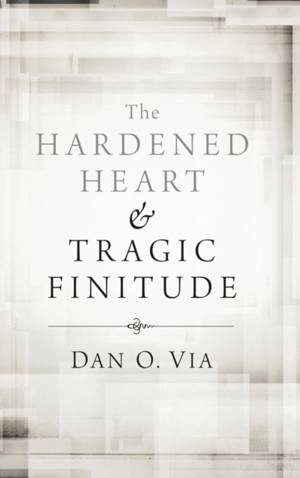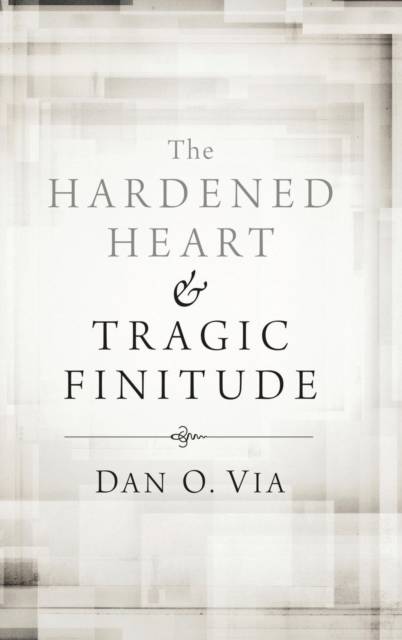
- Afhalen na 1 uur in een winkel met voorraad
- Gratis thuislevering in België vanaf € 30
- Ruim aanbod met 7 miljoen producten
- Afhalen na 1 uur in een winkel met voorraad
- Gratis thuislevering in België vanaf € 30
- Ruim aanbod met 7 miljoen producten
Zoeken
Omschrijving
This book has two main theses. First, for the biblical/Christian doctrine of sin the root of the human problem is hardness of heart--the corruption of the core self, of the seat of understanding and will. On the other hand, for an important strand of Greek tragedy the root of human harm-doing is the nonculpable blindness and anxiety of finitude that despite the initial nonculpability lead to evil and suffering. The Hardened Heart shows that these two different interpretations of human existence are amenable to a degree of synthesis that leads to this conclusion: hardness of heart and our ordinary finitude together collude to cause sin in its fullness.The second thesis of this volume is that exegetical studies disclose a deconstructive strand in certain biblical texts that represents the finite world that God created as a source of distress and harm-doing in something like the tragic sense. This subdominant deconstructive position challenges the dominant biblical vision, in which the creation came forth from God's creative word as good without qualification.
Specificaties
Betrokkenen
- Auteur(s):
- Uitgeverij:
Inhoud
- Aantal bladzijden:
- 258
- Taal:
- Engels
Eigenschappen
- Productcode (EAN):
- 9781498213967
- Verschijningsdatum:
- 5/11/2012
- Uitvoering:
- Hardcover
- Formaat:
- Genaaid
- Afmetingen:
- 152 mm x 229 mm
- Gewicht:
- 553 g

Alleen bij Standaard Boekhandel
+ 138 punten op je klantenkaart van Standaard Boekhandel
Beoordelingen
We publiceren alleen reviews die voldoen aan de voorwaarden voor reviews. Bekijk onze voorwaarden voor reviews.











